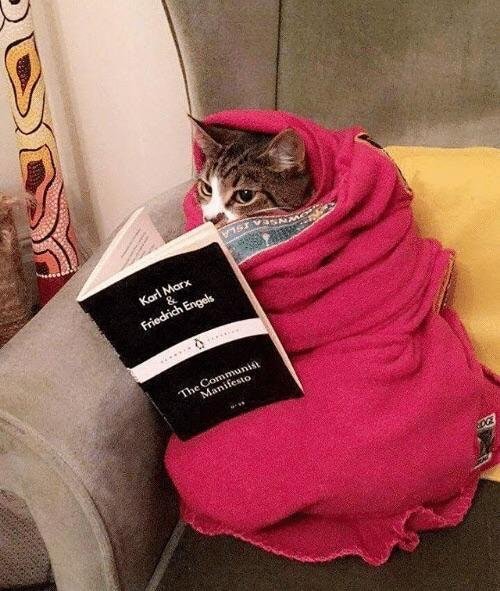

Just finished watching this documentary while I was searching for the most raw footage I could possibly find on YouTube of what its like in current day North Korea. Really reminds me of the time I’ve spent in China where there are definitely a few topics people were uncomfortable speaking about or would avoid, but day-to-day life just seemed normal. It’s not necessarily on my list of places to travel, but it was really neat seeing the residents talking about reunification and how they don’t really have a problem with tourists. Though they’re only seeing the tourists who choose to go there, which means they aren’t meeting the people frothing at the mouth about how they should all be destroyed. Overall, nice bit of perspective from the doc. I wonder what it’s like in the more rural areas.







I need to sleep because it’s 2 AM where I am and it’s already been a while since your post, but I want to at least acknowledge that I see you since your post might be buried and hope that you’re doing a little better now.